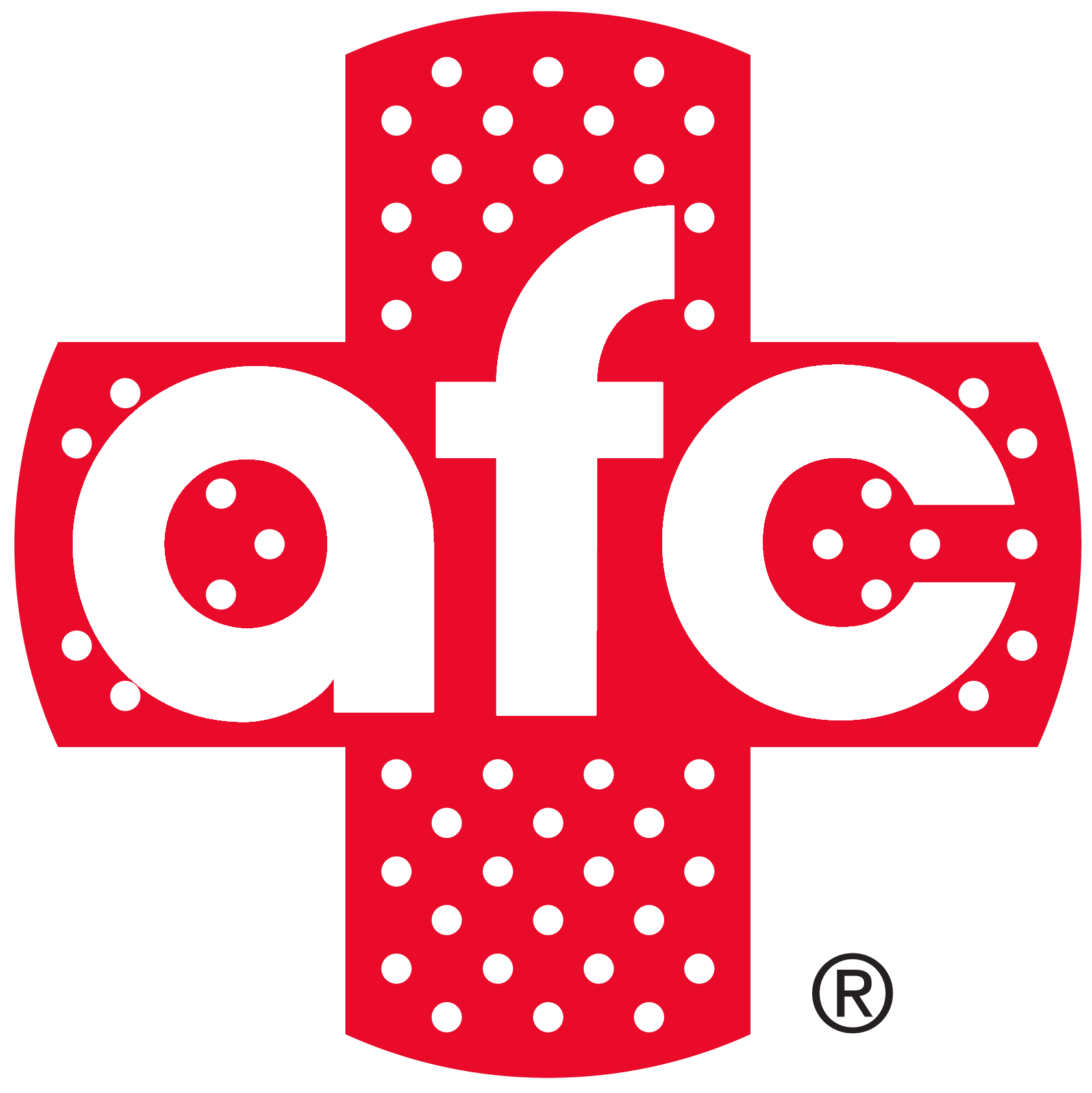AFC Wichita
Wound Care Specialist
CALL US TODAY | (316) 440-2712
Find The Location Nearest Covid-19 Testing
We think you’re located in zip code 67226. Not Right?
Wound Care Clinic – Q & A
Look no further than AFC Urgent Care for your wound care needs. Call today for more information. Discover a higher quality of care! Our wound care specialists are ready to help you. Serving Wichita, KS. Haysville, KS. Derby, KS. Andover, KS. Newton, KS. El Dorado, KS. Winfield, KS. Hutchinson, KS. Arkansas City, KS.
Wound Care Q & A
Wound care is important, as infection is a common complication sustained from untreated wounds. Even simple, shallow wounds can get infected, so it is crucial to seek medical attention for the proper treatment. Come to AFC Urgent Care to heal your wound today!
How Do You Know If You Need Stitches?
When you experience a cut, first wash the area and examine the wound. Upon examination, if you identify any of the following conditions you most likely require stitches:
- The cut is deeper than a quarter inch.
- The cut is in a cosmetic location that may scar, such as your face, head, etc.
- The cut continues to bleed after 15 minutes of applying gentle pressure.
What Does A Wound Care Clinic Do?
Most of us are accustomed to dealing with small cuts and scrapes at home, treating them with some disinfectant and a bandage. However, more serious wounds may necessitate a visit to the doctor. Any injury that breaks the skin is technically considered a wound. It opens the skin up and makes it vulnerable to dirt, germs and bacteria. If a wound is particularly deep, wide or dirty, you should visit a doctor or urgent care specialist for treatment.
The doctor’s first order of business will be to assess your risk of infection. A tetanus shot may be necessary if you stepped on a rusty nail or sustained a wound that is particularly dirty or in a vulnerable area.
Clean wounds are the easiest to care for. These are wounds that aren’t contaminated with bacteria, and have a low risk of infection. An example would be a surgical wound, because operations are performed in mostly sterile environments. Some internal parts of the body are more exposed to bacteria as well, such as the gastrointestinal system or urinary tract. A clean wound in these areas can carry an increased risk of a bacterial infection.
Dirty wounds are more troublesome. An abscess, a gunshot wound or a wound that introduces a foreign material or object into the body carries an increased risk of infection. These wounds may require continuing care and specialized treatment to facilitate healing.
Your doctor might close it with stitches on the first visit if a wound is clean. The area adjacent the wound can be numbed with a local or topical anesthetic. The doctor may use stitches that will eventually dissolve. Stitches can be used to connect the tissue beneath the skin, and tape or staples may be used on the surface skin. Any non-dissolving stitches will remain in place for a week to 10 days, and the doctor will remove them on a follow-up visit.
Your doctor will give you specific instructions for at-home wound care. You should receive instructions on how to change any dressings that cover the wound, and details on when and how to bathe. You’ll receive nutritional advice on how to help your body speed up the healing process depending on the severity of the wound. To alleviate pain, you may receive a recommendation for over-the-counter medication or a prescription for something stronger. In this regard, it is important to follow your doctor’s instructions closely. Contact your doctor immediately if you notice any signs of infection, such as reddening and itchy tissue around the wound, swelling or fever. You may require additional wound care or antibiotics to help reduce infection during treatment.
How Can I Prevent A Wound Infection?
Preventing infection is a straightforward process. Follow these steps to help prevent wounds from getting infected:
- Wash the wound as soon as possible with soap and warm water.
- Apply a small amount of antibiotic ointment. You can buy this without a prescription.
- Cover wounds with a bandage or gauze dressing. Change daily.
- For the first 24 hours, keep the wound clean and dry.
- Change the dressing daily using sterile gloves.
If you or someone you know has recently sustained a wound, come to AFC Urgent Care today! We have experts specially trained in treating all types of wounds, so you can get back to your healthy life sooner! Contact our office today to get in touch with a specialist. To book an appointment, call us or visit us online!

 How Can We Help?
How Can We Help?
- PATIENT SERVICES
- COVID-19 SERVICES
- TELECARE
- EMPLOYER RESOURCES
- PATIENT RESOURCES
- ABOUT US

Don't wait to get the medical attention you need.
CALL US TODAY | (316) 440-2712

